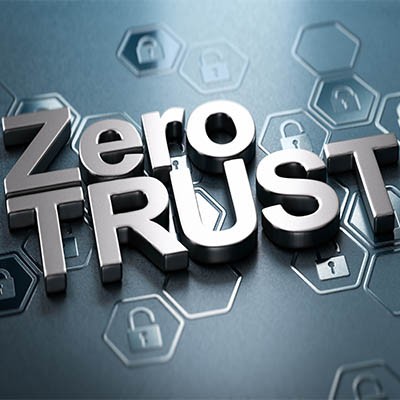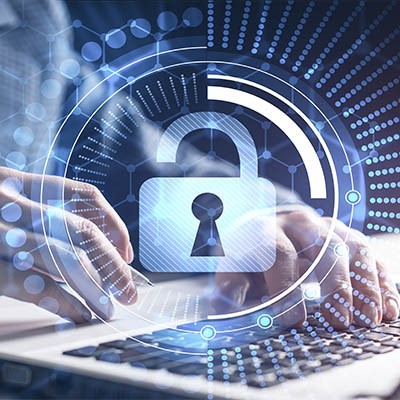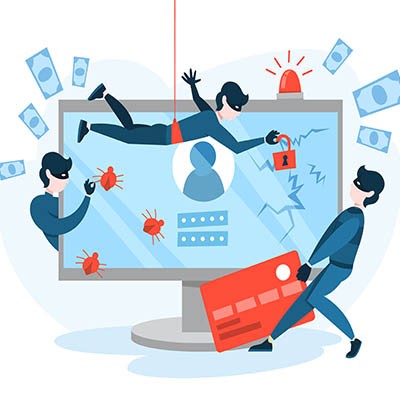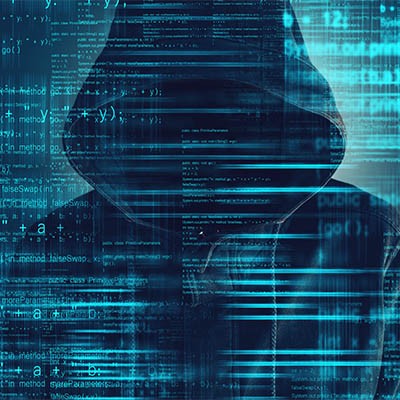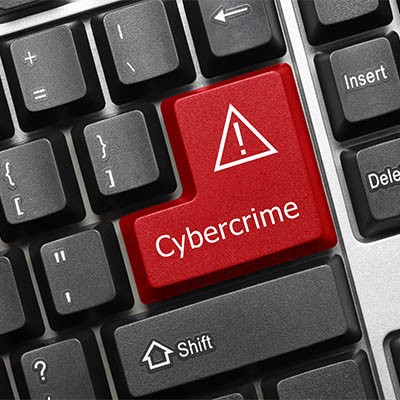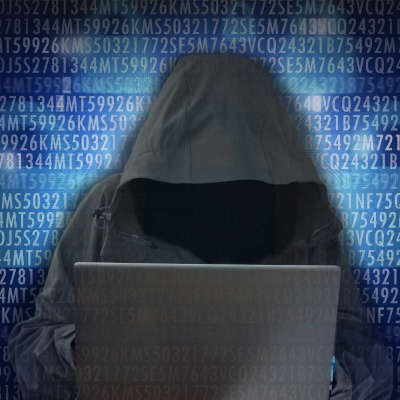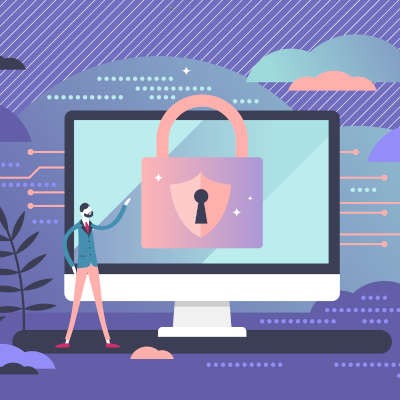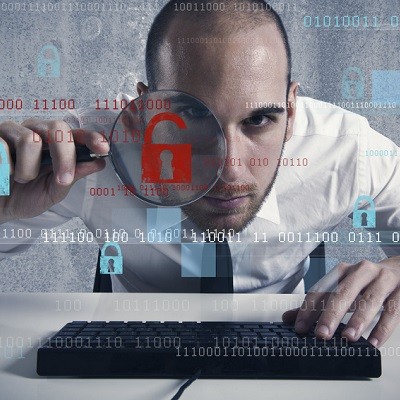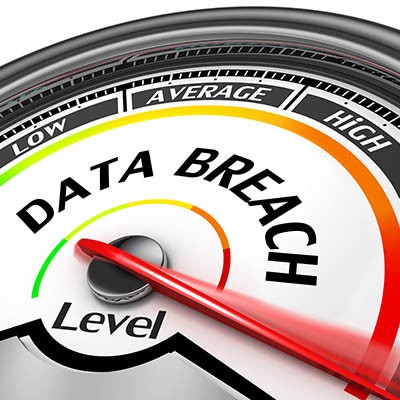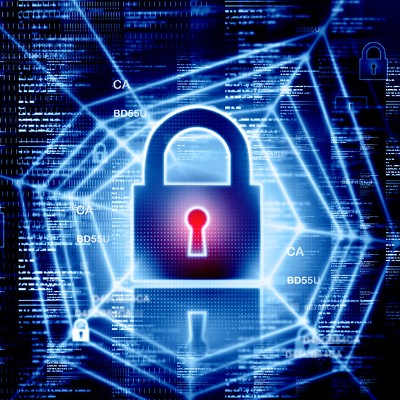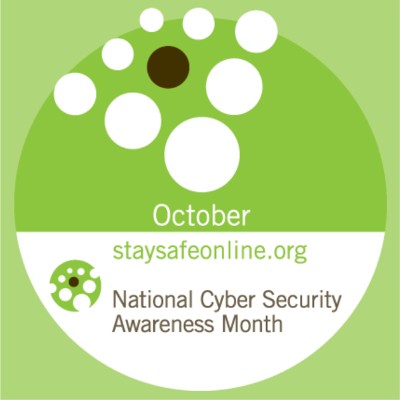In a zero trust network, you trust nobody, no matter how long they have been around or how invested they are in your organization’s future. Everyone’s identity on your network must be verified, a concept that has been quite helpful in limiting data breaches. Today, we are going to discuss the National Institute of Standards and Technology’s definition of zero trust and what they recommend to businesses wishing to implement it.
About Business Solutions & Software Group
Business Solutions & Software Group has been serving the South Florida area since 1997, providing IT Support such as technical helpdesk support, computer support and consulting to small and medium-sized businesses. Our experience has allowed us to build and develop the infrastructure needed to keep our prices affordable and our clients up and running.
Recent News
Contact Us
10211 W Sample Road Suite 114
Coral Springs, Florida 33065
Mon to Fri 9:00am to 6:00pm

